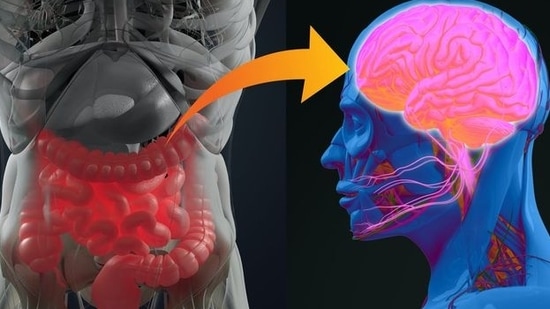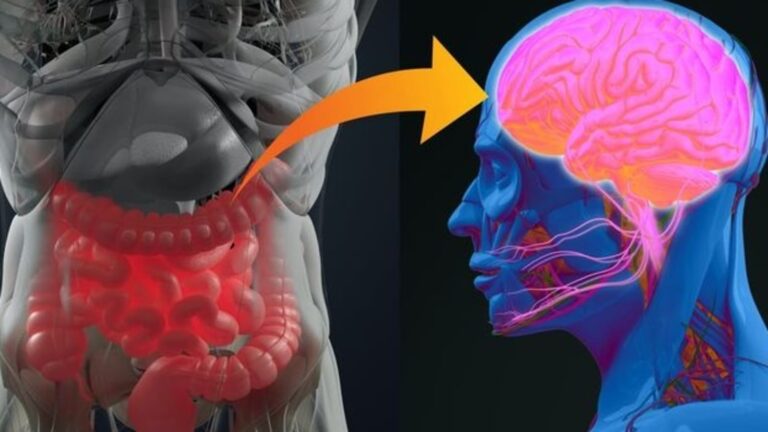ByZarafshan Shiraz, New Delhi
Jul 13, 2024 01:01 PM IST
The gut microbiome might have more than a passing influence on ASD as new study links gut health with autism, raising the possibility of new treatments
Autism is considered a developmental disorder inhibiting socialisation and some common signs and symptoms include difficulty in eye contact, difficulty in communication and social interaction, sensory difficulties and repetitive movements where children with Autism frequently experience stress for various reasons like daily chores or activities, struggle to express their distress and provoking anxiety, which can lead to disruptive behaviour. To help them grow and develop to their full potential, building a supportive and suitable environment so that the autistic child feels safe and secure but till today, the exact cause of autism is still not known though it is linked to several factors where one of the factors is genetics, as was the case with most autistic children.

It has been proven that children who have a sibling with Autism Spectrum Disorder (ASD) are at a higher risk of developing the same but we still have to learn and diagnose many factors that can cause ASD and how they impact people with the condition and in a recent study published in Nature Microbiology, researchers found distinct differences in the gut microbiome of autistic children, including decreased diversity, altered abundances of specific microbes and disrupted metabolic pathways related to energy and neurodevelopment, compared to neurotypical children.
For the new study, the researchers studied 1,627 children between the ages of 1 and 13, both with and without autism and found that 14 archaea, 51 bacteria, 7 fungi, 18 viruses, 27 microbial genes and 12 metabolic pathways were altered in children with autism. Bhismadev Chakrabarti, research director of the Center for Autism at the University of Reading in England, shared in a statement from the Science Media Center, “The results are broadly in line with previous studies that show reduced microbial diversity in autistic individuals. It also examines one of the largest samples seen in a study like this, which further strengthens the results. One limitation of this data is that it cannot assess any causal role for the microbiota in the development of autism.”
The 31-marker panel comprising microbial features demonstrated robust diagnostic value for Autism Spectrum Disorder across different cohorts and ages, with 82% accuracy, suggesting the possibility of developing a non-invasive diagnostic test based on gut microbiome analysis. As per previous studies and according to experts in the field, the chemicals and metabolites produced in the gut might influence behaviours and neurological functions, highlighting the gut’s potential role in ASD’s manifestation or that the gut microbiome might have more than a passing influence on ASD.
Catch every big hit,…
See more
Catch your daily dose of Fashion, Taylor Swift, Health, Festivals, Travel, Relationship, Recipe and all the other Latest Lifestyle News on Hindustan Times Website and APPs.
This article was originally published by a www.hindustantimes.com . Read the Original article here. .



